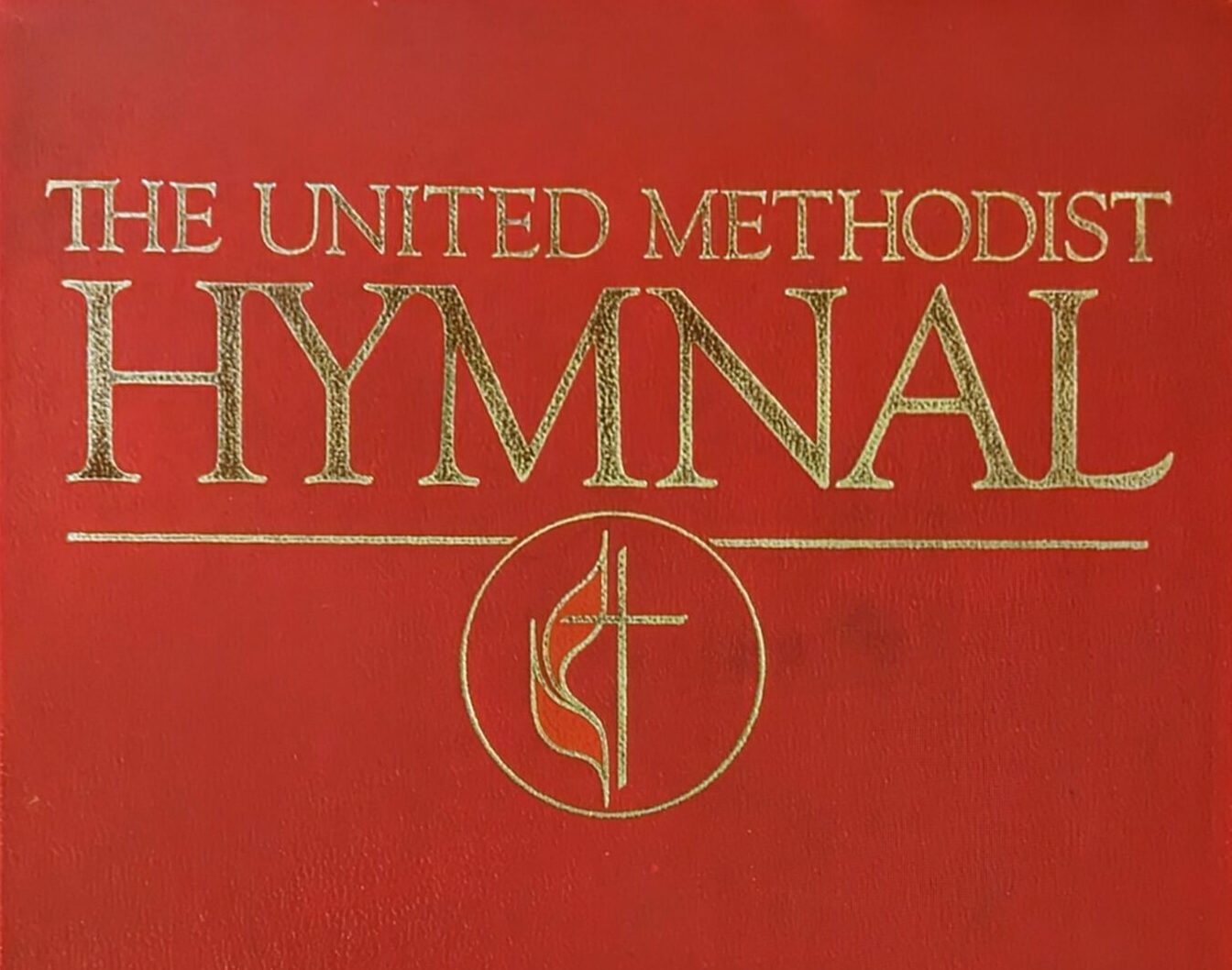Where is the United Methodist Church? I, as a devout Methodist, often ponder this question on the University of Michigan campus. I know there is a United Methodist church on campus, and I understand there is at least one Methodist organization active among the student body. Still, I have yet to see a concerted outreach operation.
Despite the secularism that dominates the area, a significant number of Christian clubs, organizations, and churches have a substantial presence on this campus. They have been doing what I would describe as Christian works. I am a member of a Christian fraternity, and I have many friends involved in well-attended Christian organizations that are sometimes even connected to denominations, traditions, and churches on campus. Yet I do not see this same concerted effort to bring in students and young people from the United Methodist Church (UMC). There is a missed opportunity for the UMC to expand to a younger audience, and Ann Arbor would be a great place to test the waters for the Methodist message of the coming years.
Mainline Protestantism is in decline around the United States. The average age of a Mainline Protestant in the United States is 50 years old, with many churches dominated by age groups even older. The UMC offers a great opportunity for young people to explore the Christian faith in a tradition that is neither too consumed by modernism nor too authoritarian in its governance structure. There are many people in Ann Arbor, and many people are students who would love to enjoy and embrace the United Methodist tradition.
Our rich tradition of social activism, an open communion table, and open minds should be flourishing in a city with young Christians trying to explore their faith more deeply. The United Methodist Church has one of the largest charitable organizations in the world: the United Methodist Committee on Relief, which is involved in the eradication of malaria, the provision of clean water, and domestic efforts to help places struck by tragedy in the United States. For a generation seemingly obsessed with activism, highlighting marginalized voices, and actions speaking louder, these should be natural candidates to fill the pews of the UMC for the next generation.
I recently attended a conference in Orlando, Florida, aimed at recruiting young people into the UMC clergy. I met lots of other young Methodists there; there were many speakers, events, workshops, and opportunities to connect with churches and other young Methodists. It was an inspiring and prayerful experience that made me feel closer to my Church tradition and, indeed, closer to God. Yet there was no discussion of how we could spread this joy, how we could bring people back into the Church, or, even better, make disciples of our Lord Jesus Christ.
Although it is not the fault of any particular person, group, or organization, as a young Methodist, I am saddened to see this institutional commitment to a phenomenon that I can refer to only as managed decline. I implore the UMC to prioritize Ann Arbor and preach the unadulterated gospel guided by the command “to go forth and make disciples of all nations” (Matthew 28:19). For even if our current situation, in Christianity and the world writ large, is plagued with differences and disunity, John Wesley reminds us, “Though we cannot think alike, may we not love alike?”
